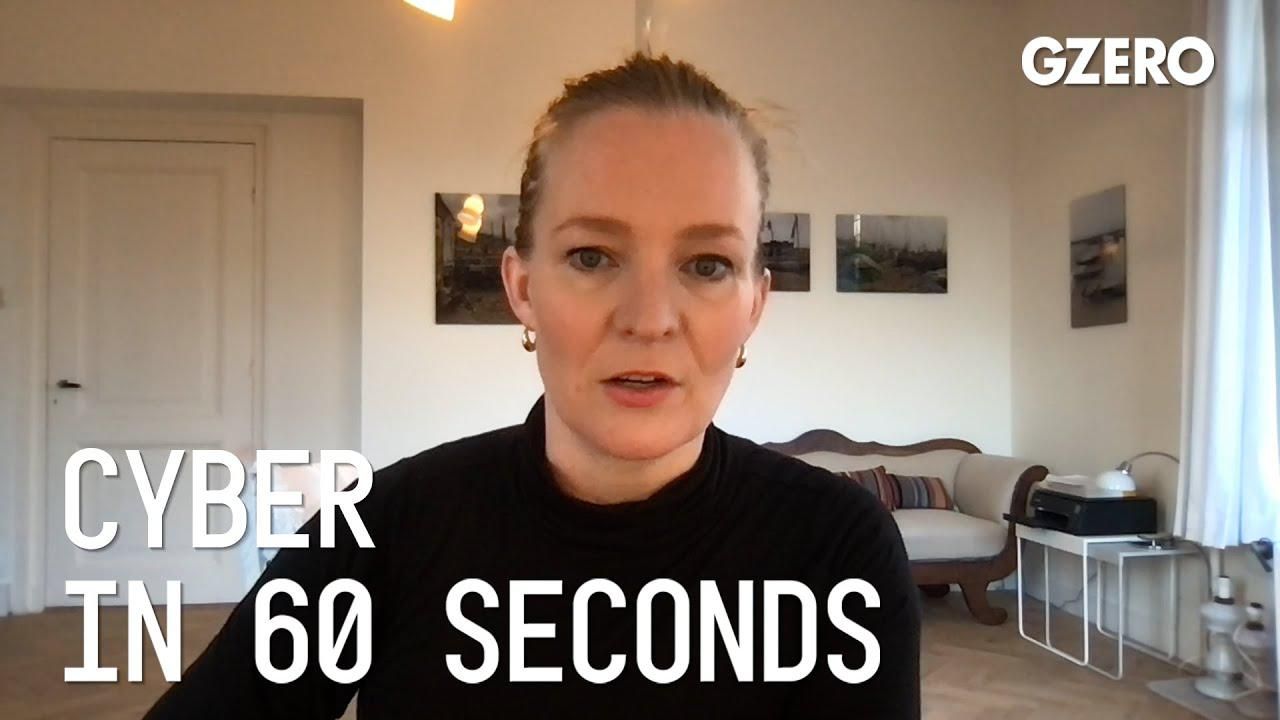
Marietje Schaake, International Policy Director at Stanford's Cyber Policy Center, Eurasia Group senior advisor and former MEP, discusses trends in big tech, privacy protection and cyberspace:
What are the EU's digital gatekeeper rules, and why does the US want them changed?
Now, the EU is working on a series of legislative proposals, for example, to ensure risk mitigation around the use of AI, or the protection of fundamental rights, but also to make sure that there is fairness and competition in the digital economy. And the Digital Services Act still under negotiation between the European Commission, member state governments, and the European Parliament, seeks to impose proactive obligations on large gatekeeper tech companies, to basically extend antitrust principles and protect smaller players.
And now at the eleventh hour, the Biden administration through Commerce Secretary, Raimondo, but also a number of senators, is voicing its concern. The political leaders worry that the EU rules would discriminate unfairly against American tech companies and really single them out. But what's easily overlooked in their statements is that US-based tech companies have grown exceptionally large, and that a law that wishes to put specific obligations on the largest companies would inevitably include many American companies.
So you might think of the situation we find ourselves in as the consequence of their success. But besides that, concerns about the outsized power of a handful of monopolists is not unique to Europe. Americans also worry about harms caused by competition that is lacking or harms to society, for example, democracy or the protection of minorities. So it may be better for the US political leaders to prioritize focusing on those voices, instead of writing papers to Europeans that have nearly finished their years long deliberations.
- Europe and the US can't agree on how to regulate Big Tech ... ›
- Big Tech's big challenge to the global order - GZERO Media ›
- The technopolar world: A new dimension of geopolitics — Kevin ... ›
- A “techlash” is coming this year - GZERO Media ›
- EU's proposed DSA and DMA laws would broadly regulate digital ... ›
- Elon Musk to buy Twitter: will misinformation thrive? - GZERO Media ›